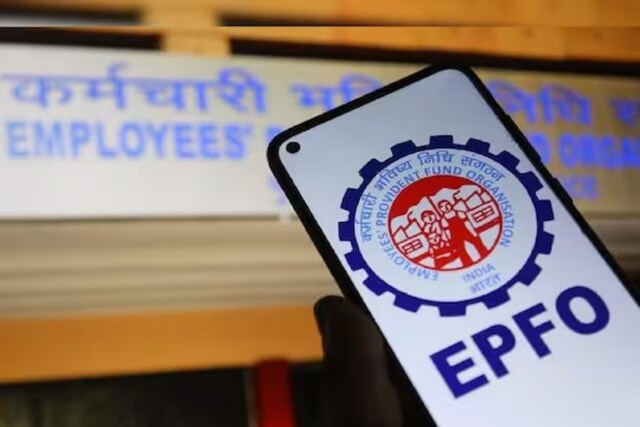
The Employee Provident Fund (EPF) is a scheme backed by the government that aims to offer financial security to employees with a regular income once they retire. A major feature of this scheme is the EPF passbook – a digital record of all the transactions made towards the EPF account. This article reveals the major benefits of an EPF passbook and the importance of regularly checking it on the EPFO portal.
The Indian EPF scheme is mandatory for companies with more than 20 employees, with amounts contributed to the fund being deducted on a monthly basis from the employees’ salary, combined with an equivalent contribution from the employer. These transactions are recorded in an EPF passbook and can be conveniently viewed on the EPFO portal. It’s akin to a bank passbook, but it records only EPF transactions.
So why does regularly checking your EPF passbook matter?
Firstly, the EPF passbook contains important details about your EPF account such as your Universal Account Number (UAN), your employer’s establishment ID, your EPF account number, and personal details like your name and date of birth. It’s important to verify and ensure that these details are accurate and up-to-date. Inform your employer immediately if you find discrepancies.
Secondly, your EPF passbook provides a month-wise record of your EPF contributions, both by you and your employer. This not only provides an overview of how your retirement corpus is growing, but also allows you to see if the correct amounts have been credited in your account. As an example, if your basic salary is INR 20,000, the typical employee and employer contribution each should be 12% of this amount, i.e., INR 2,400. Hence, a total of INR 4,800 per month should be credited in your EPF account.
Thirdly, EPF contributions aim to provide a substantial retirement fund but they also have tax benefits. These tax advantages can be enjoyed only if your EPF contributions have been correctly and timely made and recorded in your EPF passbook. Thus, checking your EPF passbook is key to ensuring tax benefits accurately.
Lastly, if you have taken a loan against your EPF deposits or made partial withdrawals, these transactions also reflect in your EPF passbook. Regular checking aids in tracking these activities.
To check your EPF passbook, visit the EPFO portal, login using your UAN and password, and under the ‘Our Services’ tab, select ‘For Employees’, then ‘Member Passbook’. But remember, you can check it only if your account is seeded with your UAN and KYC details, and your employer has verified them.
However, please bear in mind that while the EPF scheme aims to offer financial security, whether or not it meets the individual’s financial needs entirely depends on numerous factors. Hence, it is essential to gauge all the pros and cons of investing in the Indian Financial market before making any decision. The functionality of the EPF scheme is only effective if individuals actively engage with it, this includes regularly checking their EPF passbook.
In conclusion, the EPF passbook is a handy tool that not only records all the transactions but also helps in financial planning. By regularly monitoring your EPF passbook on the EPFO portal, you would be ensuring the precision of your EPF account transactions, thus avoiding any potential discrepancies and planning for a secured financial future.
Summary
The EPF passbook, available on the EPFO portal, is a digital document recording all transactions related to an individual’s EPF account. It is essential to regularly check the passbook to verify the accuracy of your personal details, ensure correct and timely contributions, keep track of withdrawals, loans, and to accurately avail tax benefits. Incorrect details or transactions can lead to potential complications in accessing the funds or tax benefits. However, the viability of the EPF scheme entirely depends on individual financial needs and market factors. Hence, it is advisable for every investor to completely understand the pros and cons of investing in the Indian financial market before making any decision.
